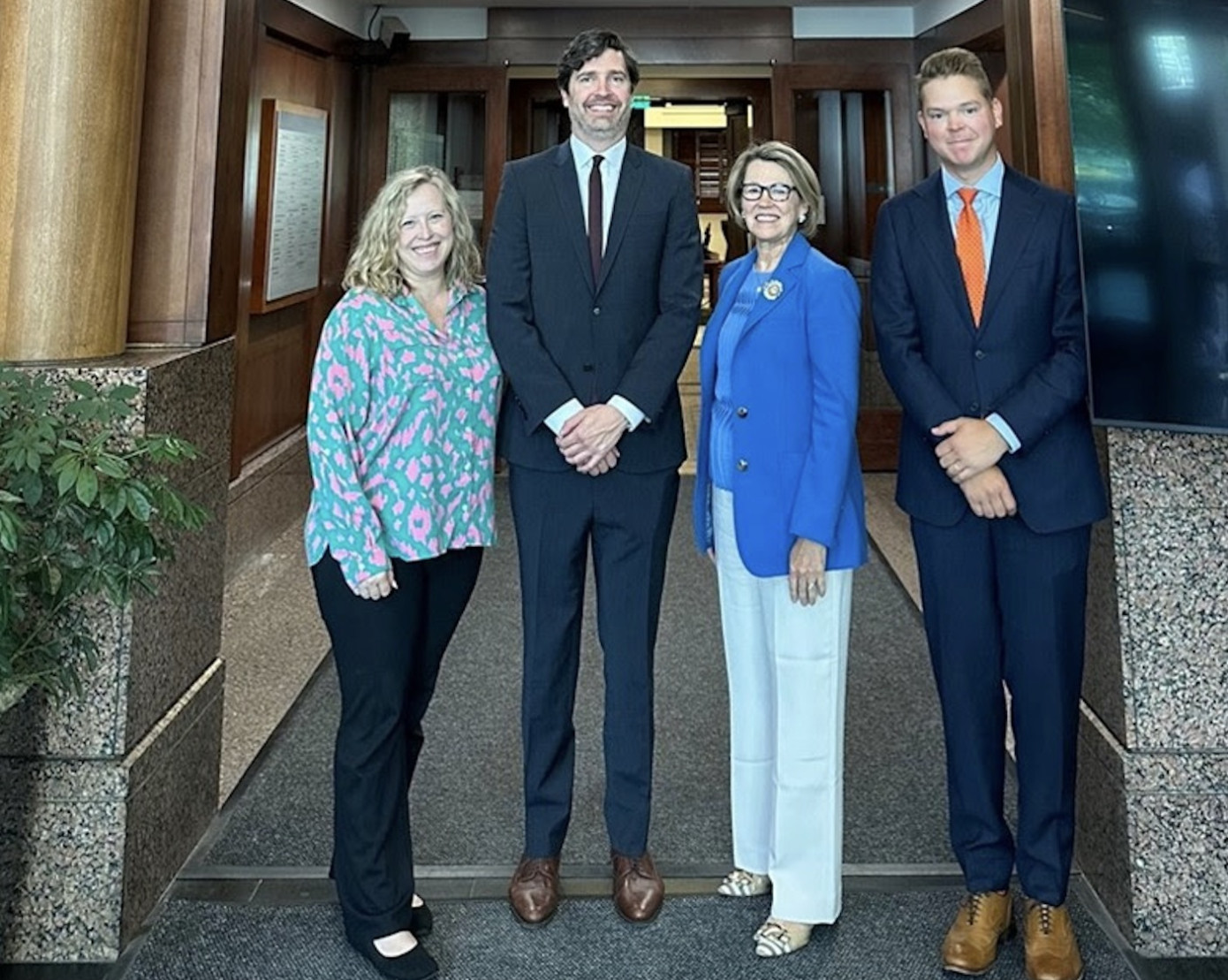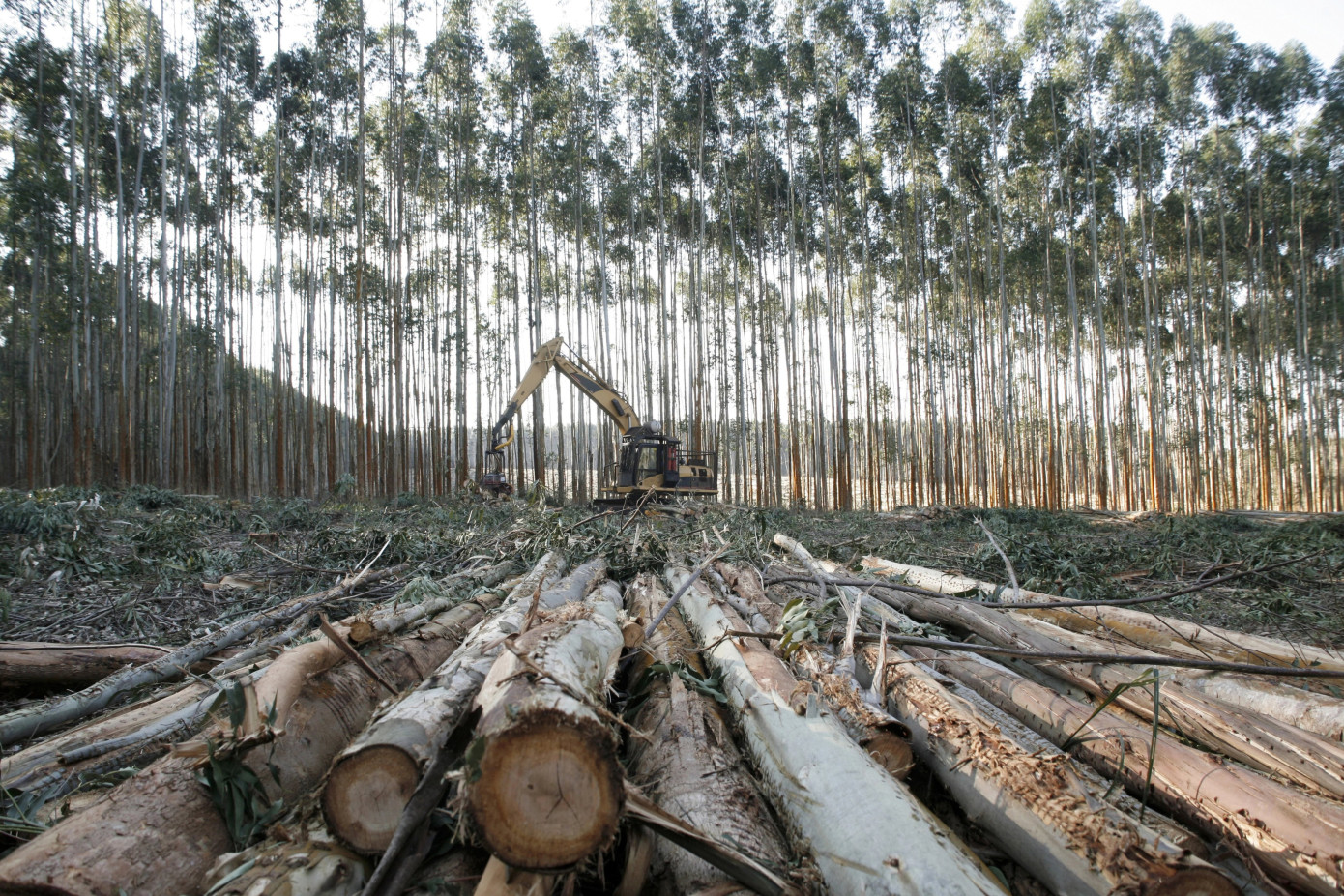Terry Webber, Vice President of Industry Affairs at the American Forest & Paper Association (AF&PA), testified before the U.S. Trade Representative during the Section 301 investigation hearing, urging the exclusion of Brazilian bleached eucalyptus kraft pulp (BEK) from potential tariffs. Webber emphasized that BEK is not produced at commercial scale in the United States and remains essential to domestic tissue manufacturing. He also stated that 99% of wood fiber sourced by AF&PA members comes from certified programs such as FSC and SFI, according to AF&PA.
AF&PA had previously submitted formal comments to the USTR opposing tariffs on Brazilian BEK, listed under HTS code 4703.29. The association warned that imposing duties on this material would raise costs for U.S. manufacturers, threaten domestic competitiveness, and risk shifting market share to foreign suppliers. BEK is valued for its softness, strength, and absorbency—key properties for tissue products used daily by American consumers. Due to Brazil’s climate and supply chains, the U.S. relies almost exclusively on Brazilian sources, as domestic eucalyptus production is limited to small areas in coastal California and Hawaii. Image: L to R: Lindsay Murphy, Vice President, Strategic Communications; Terry Webber, Vice President, Industry Affairs; Heidi Brock, President and CEO; David Ross, Director, Government Affairs / AF&PA
Webber also supported industry-backed policies like the Lacey Act, which enforces legal and sustainable sourcing, and referenced the National Association of Manufacturers’ Manufacturing Investment Accelerator Program as a way to protect intercompany transfers and critical imports. He reiterated that the BEK sourced by member companies originates from certified plantations, not linked to illegal deforestation—one of the central issues in the Section 301 investigation.
The Section 301 probe, launched in July, is examining whether Brazil’s practices in digital trade, electronic payments, ethanol access, intellectual property, and environmental enforcement are discriminatory or burdensome to U.S. commerce. The investigation may result in new tariffs depending on the findings.
AF&PA also pointed to past precedent, citing President Donald Trump’s Executive Order 14323, which excluded eucalyptus pulp from a 40% tariff list. The association urged USTR to maintain a consistent approach to safeguard nearly 1 million jobs supported directly and indirectly by the U.S. forest products industry, according to the American Forest & Paper Association.
